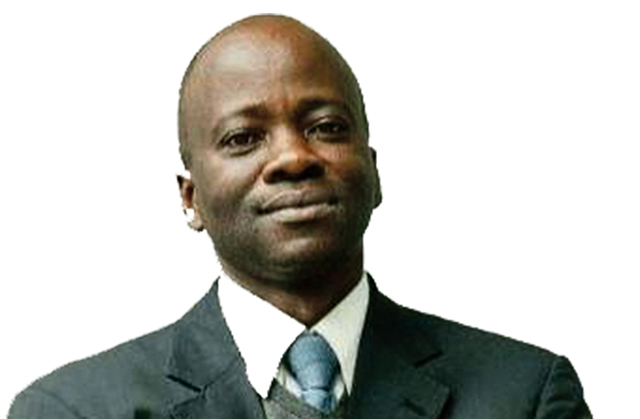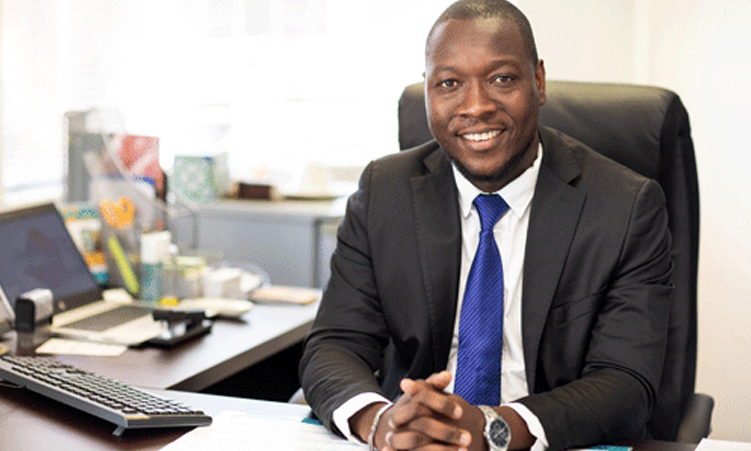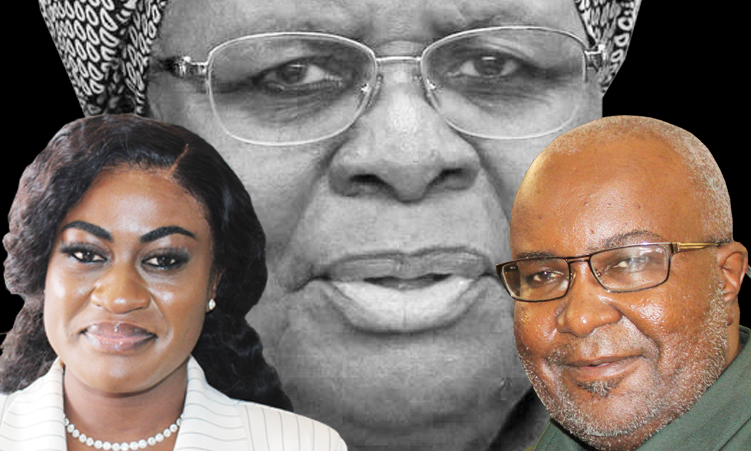• JOSHUA KAUMBICONTEMPORARY events in Namibia appear to be stripping the very same fabric that has hitherto glued us together.
Except for president Hage Geingob, Gwen Lister and the meticulous academic Andre du Pisani, we all seem to have seen ‘;The River Between’;. Kameno remains the aunt to those on our side of the river (wa Thiongo).
We argue and behave as if waiting for things to fall apart (Achebe), and persistently refuse to accept that the river in-between is merely an area containing softer sand with no water.
Cosmopolitanism [or diversity] enjoins us to nurture an obligation towards others that is greater than just sharing citizenship (Appiah).
Hence the call by Hegel for the self-restraint of the savage (‘;The Rebel within me’;) that resides in all of us, which is contained by the social contract we entered into at own volition (Rousseau). Accepting diversity requires of us to repress our biased thoughts, feelings and/or the tendencies to act or label the other even if for purposes of celebrating our dignity as individuals or provincial communities as enshrined in the Constitution.
Desmond Tutu calls upon us to frown upon a public discourse that is bellicose and contains inflammatory statements. Lister goes further in reminding us of the reason we fought the good fight against apartheid colonialism and both racial and tribal (ethnic) superiority, so that we may uphold the dignity of all without regard for their otherness.
The absence of a conversation centred around an unreserved and unconditional recognition of every group or individual’;s dignity, is what Du Pisani terms the language of ‘;othering’;, which has the potential of making genuine conversation impossible due to its hollow content.
We have been encouraged by how the president and the delegates at the recent land conference handled that language of the “others” by the two previous presidents. They reminded us that the birth of that new Namibia is possible if we “respect the identities of others and treat them with the dignity they deserve” (Geingob).
The moment we refuse to allow race-baiting or the degeneration of our belief in a Namibia which is free of discrimination and which guarantees equality and human rights for all, regardless of race or [tribe] that new Namibia is possible (Lister).
The new Namibia can emerge during our lifetime if we continue to be a nation that ‘;believes in dialogue’;, and uphold that sacred oath that every human being is born with and is deserving of dignity which is the most important human right from which all other fundamental rights are derived.
Dignity is not the absence of conflict but the ability to hear, understand, recognise and give fair opportunity to all and sundry. Unity, liberty and justice ought to be possible away from the clashing of swords and staves at all strata (president Geingob, land conference, edited).
I opine, albeit subjective, that one of the stumbling blocks of the new Namibia is the inability by those that we entrusted to run the country and its institutions during the prime of their lives, based on their dedication to our shared course, to realise that others in the prime of their life also deserve our confidence and trust, having equally earned it in the cauldron of the struggle for our dignity.
The country needs and has room for all its citizens. We don’;t need to ride an elephant to catch a grasshopper.
The second stumbling block is the realisation that in our resolve to find the new Namibia we should tone our sensitivity towards the “other’; equally deserving to be on the other side of the Omaruru River, because when the Omaruru River dries up, the other self remains. As president Geingob always says, engage not the person but the facts.
The new Namibia is one where the sanctity of the institution matters more and not the occupant/s. In other words, societies reach greater heights if respect for institutions outgrows the subjective opinion about the other self, which ought to be starved from our egos.
The other self should reinforce our personal identity and not distract from it in anyway. I have learned that my friendship with Mitiri Angula and Shari Sha Maitina survived the noise we made yesterday, because I toned my sensitivity towards them and their achievement during the prime of their lives
Stay informed with The Namibian – your source for credible journalism. Get in-depth reporting and opinions for
only N$85 a month. Invest in journalism, invest in democracy –
Subscribe Now!










